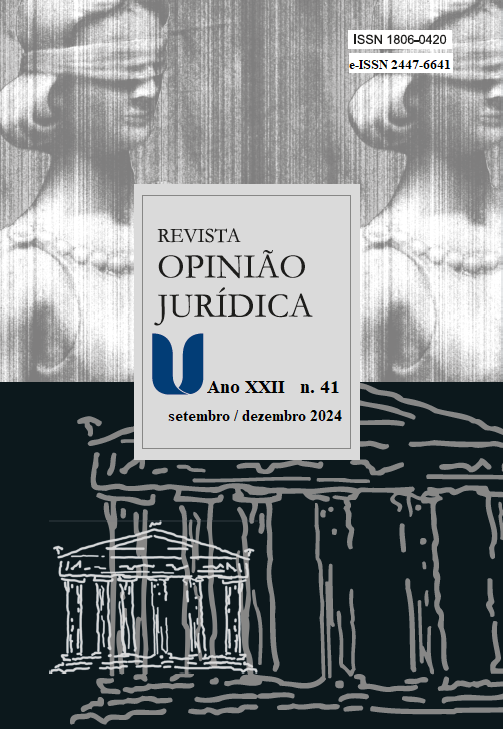Don Juan's scam
analysis of phenomenology and justice responses to fraud by intimate partner
DOI:
https://doi.org/10.12662/2447-6641oj.v22i41.p115-146.2024Keywords:
romance fraud, phenomenology, responses, gender relations, justice systemAbstract
Objective: To understand the phenomenology and responses offered by the criminal justice system to the so-called romance scam, perpetrated against women in intimate relations.
Methodology: Quantitative and qualitative analysis of 39 criminal procedures fraud perpetrated by an intimate partner or family member against a woman, in the Federal District of Brazil, in 2019 and 2020.
Results: There is a specific profile of victimized women: white (53.8%), middle-aged (majority between 25 and 44 years old), residents of upper-middle or high-class neighborhoods (61.9%), with economic income above 3 minimum wages (59%), and established professions. 38.5% of offenders had other police records. In 35.9%, the relationship lasted up to 6 months. In 5.1%, the crime was entirely committed via the internet, and in 20.5%, it began on the internet. Three types of scams were identified: inducing the delivery of goods (48.7%), abusive management of assets (66.7%), and forgeries (23.1%). Strategies used were abuse of the emotional relationship (41%), false identity (35.9%), fear (35.9%), emergency simulation (30.7%), care requirement (25.6%), and false opportunity (15.4%). The total value of the scams amounts to R$ 2.7 million. In 23.1%, the application of the Maria da Penha Law was excluded. There was little personal (33.3%) or patrimonial (7.7%) protection. In 23.1%, there was an indictment, and in 10.3%, there was a conviction, with an average sentence of one and a half years. Qualitative analysis reveals the existence of gender relationships and deficiencies in criminal investigation.
Conclusion: The justice system needs to better incorporate a gender perspective for the investigation and trial of romance fraud crimes.
Published
How to Cite
Issue
Section
License
Copyright (c) 2024 Revista Opinião Jurídica (Fortaleza)

This work is licensed under a Creative Commons Attribution-NonCommercial-ShareAlike 4.0 International License.
CESSION OF COPYRIGHTS
The submission of articles to analysis for publication on Opinião Jurídica implies the author(s) transfers copyrights to Centro Universitário Christus – UNICHRISTUS for reproduction, publicizing, distribution, printing and publication, according to the Publication Norm 414R, Opin. Jur., Fortaleza, year 12, n. 16, p.1-414, Jan./Dec. 2014, costs to be bore by UNICHRISTUS, in whatever format or means that may or shall exist, in accordance to articles 49 and following of Federal Law 9.610/98.
1. In ceding copyrights, the author(s) agrees to do so in exclusivity, free of charge and for the totality of the work.
2. UNICHRISTUS may make the work, in its entirety or in parts, available for scholarly purposes, without altering its contents, except for small corrections that are deemed necessary.
3. The cession of copyrights is valid in all countries and for versions of the material in its original language or translated into a foreign language.
RESPONSIBILITY FOR THE CONTENT
By submitting an article, the author(s) declare to have sole responsibility for the content of the piece and is(are), therefore, responsible for any judicial or extrajudicial measures referring to it.
1. In case of joint authorship, all authors are considered collectively responsible, except when proved otherwise.



















